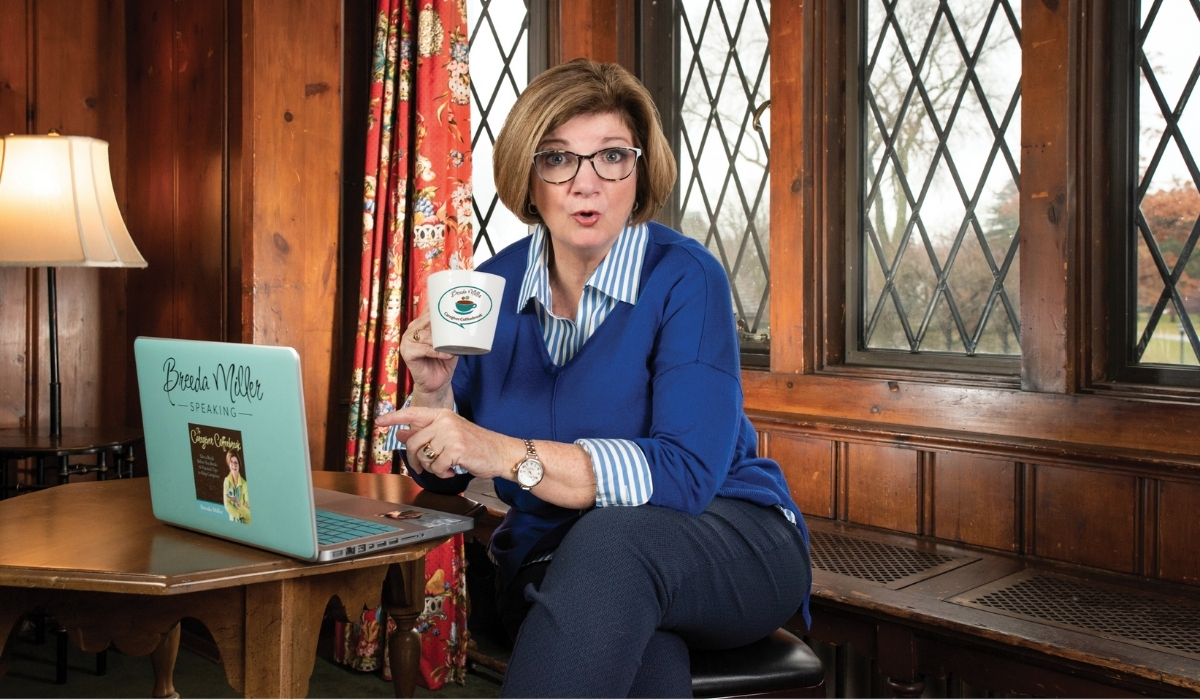Take A Break… Before You Break

We who care for others are typically the worst at caring for ourselves. Putting other’s needs before yours becomes such a way of life that you probably don’t even think about it. “I have to make mom’s doctors appointments and refill her meds. I wonder if a new walker would be easier for her? I need to find a better therapist, she’s not responding as well as I’d hoped. What would Dad like for dinner – what would he actually eat? I don’t think mom is drinking enough water.” Sound familiar?
Add to these responsibilities the needs of kids, your house, your spouse and maybe even a pesky day job, it’s no wonder that the very idea of taking time to do something for yourself seems laughable. But it is no laughing matter. If you are a wreck, who is going to take care of everyone else? Caregivers put ourselves last, if we even consider putting ourselves on the to-do list at all. We feel guilty. We feel it’s selfish. We feel that we are obliged to put other’s needs before our own even as we fall apart from exhaustion and stress.
As if taking care of an elderly frail person or a person with a chronic illness isn’t hard enough, now we have to worry about Covid-19 and all the precautions and limitations this pandemic presents. Not to mention that the one shining light that many of us seek – respite care, has not been available for months. Caregivers are all too familiar with social isolation. It is one of the most challenging aspects we encounter. The stress of keeping our loved one safe at home, the disruption of comforting routines and need for social interaction with others has really taken a toll on caregivers.
This is not new information. Caregivers have always needed to take care of themselves. But now, in the midst of this pandemic that need is critical, urgent and not optional. Self care is not selfish, it’s survival. If you struggle with the thought of doing something just for your own pleasure and relaxation, here’s something to consider. Nobody wants a cranky caregiver. My mother never wanted to be a burden to me and when her dementia reached the point that she couldn’t remember that, I had to remember that. It’s not noble to turn away offers of help because “they like you best.” It’s not helpful to think you are the only one who can care for mom for a whole day. If you become incapacitated due to the stress of caregiving, who will be there to take your place?
There is a way out, or rather, a way through. Even in this challenging time when we cannot use the resources we’ve had in the past in the same way, we can adapt. As everyone who has cared for a person living with dementia knows – you have to be prepared for anything. I thought of it as “Everyday is a Day at the Improv”.
1.Make a commitment to give yourself something to look forward to each day – something small that is just for you. A short walk outside, a bubble bath, time reading a novel, taking a nap, savoring a cup of tea in a nice spot, watching funny videos on YouTube, writing in a journal. Whatever you enjoy, give yourself permission everyday to do this one small thing.
2.Respite – find a way to get some help. A family member or close friend who is also very careful regarding social distancing and other safety protocols. Schedule one afternoon or day a week (or every other week) that will allow you to leave and do something just for you. The added bonus is that your loved one will miss you and appreciate you even more when you return. You will enjoy a change of scenery and some alone time – maybe just going for a drive or walking in scenic park. This is something to look forward to on especially challenging days.
The key is to take care of yourself so that you don’t have a breakdown. That’s the idea behind Taking A Break Before You Break. Caring for yourself so you are able to care for others.

